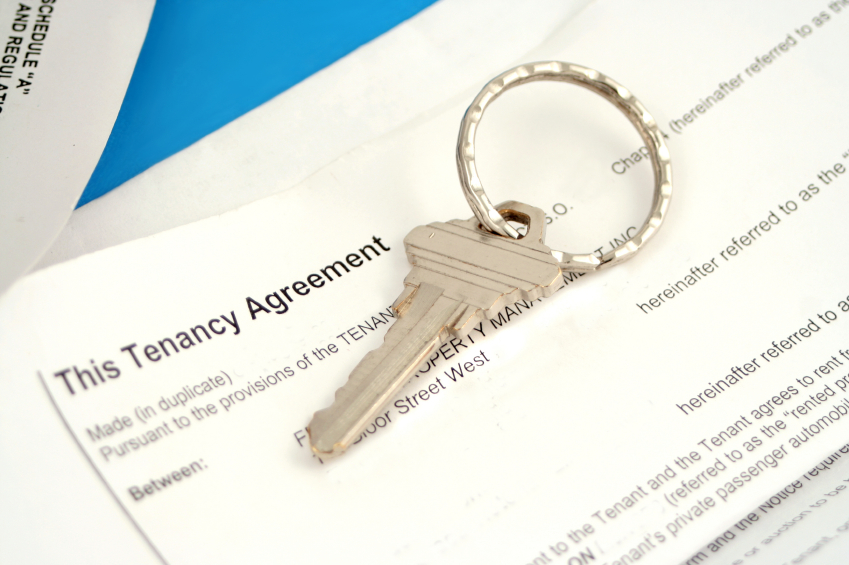Changing a tenant’s tenancy agreement could cost landlords dearly should they not notify their relevant deposit protection scheme in time under new rules.
The warning comes from MyDeposits, one of three schemes allowed to hold deposits, and they warn that any change in terms, or if it ends, under an assured shorthold tenancy means the tenant’s deposit will be unprotected.
Starting this week, all landlords must contact their deposit scheme within 30 days and tell them that a tenant has begun a statutory periodic tenancy or has begun a fresh assured shorthold tenancy.
The declaration costs nothing and prolong the deposit protection if, under a statutory periodic tenancy, the tenant is staying in the same property.
Landlords and deposits protection terms change
However, failure to meet the deadline will see the landlord being hit with an admin fee should they want to continue protecting their tenant’s deposit.
MyDeposits is backed by the National Landlords Association and landlords are being contacted to notify them about the changes.
The chief executive of MyDeposits is Eddie Hooker who says that landlords are being given time to make any necessary changes and they will get three alerts warning them to act promptly before the deposit protection ends.
He added: “Many landlords and agents already do this as best practice though we appreciate that for many of MyDeposits’ members this will represent a change in behaviour.”
There have been legal cases recently that have established that new tenancy begins under a statutory periodic tenancy even if the tenant remains in the property.
Mr Hooker added that his members will be safeguarded under the changes by helping them to comply with the law.
MyDeposits is currently in the process of writing and sending emails to its members informing them of the changes and Mr Hooker urges all members to read the communications.
Tenants should have deposits returned
Meanwhile, a poll carried out by MyDeposits has revealed that tenants living in the south-east of England and Midlands are more likely to have production from their deposit than other parts of Britain.
However, those least likely to have deductions from their deposits live in Wales (4%) and the north-east (7%).
The same poll also found that Welsh tenants were the most confident about discussing the return of their deposit when their tenancy ended with 39% of respondents saying they would raise the issue with their letting agent or landlord.
Only 25% of tenants in the north-east said they would be confident about discussing the return of the deposit, the least confident the country.
MyDeposits is stressing that it’s vital that tenants are informed and aware about their rights under the law since the deposit protection scheme was introduced to protect their money and, unless there are good reasons for not doing so, all of their money should be returned at the end of the tenancy.

